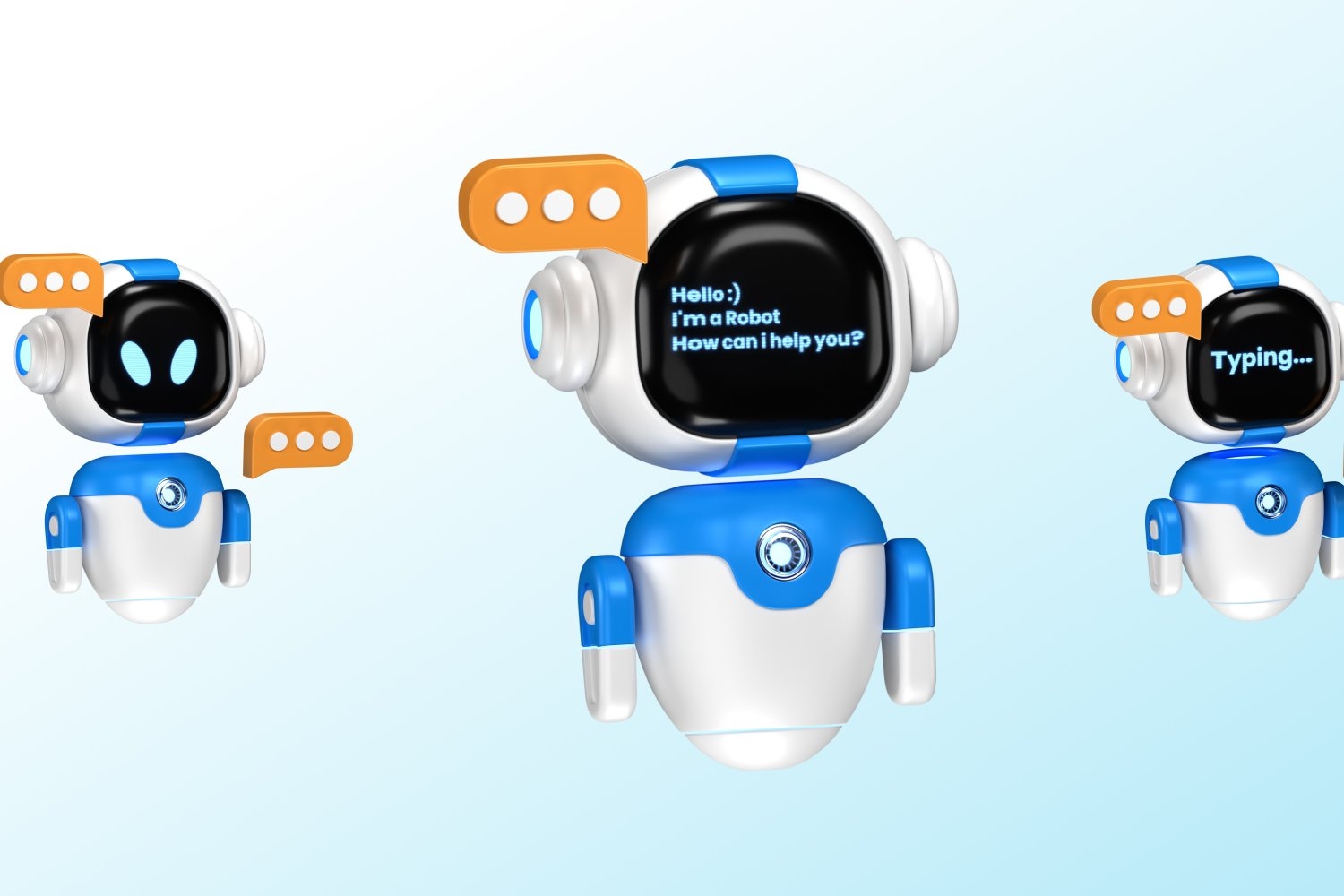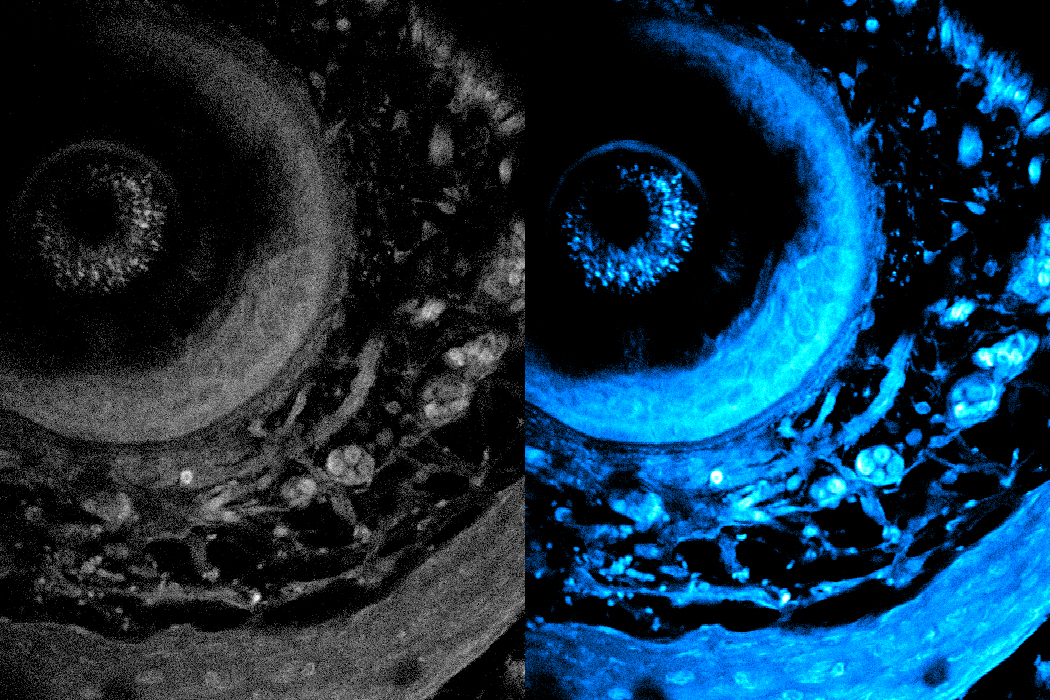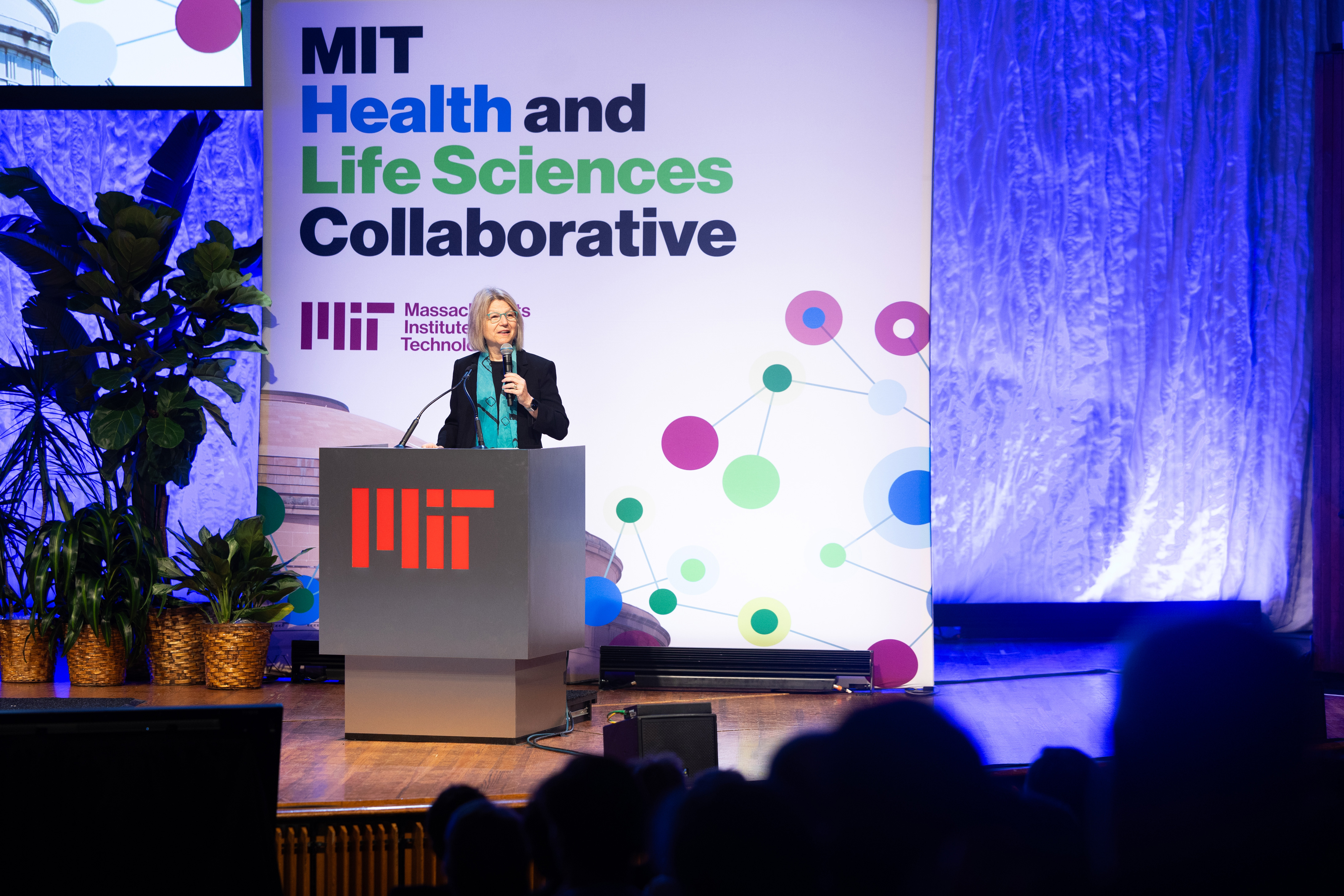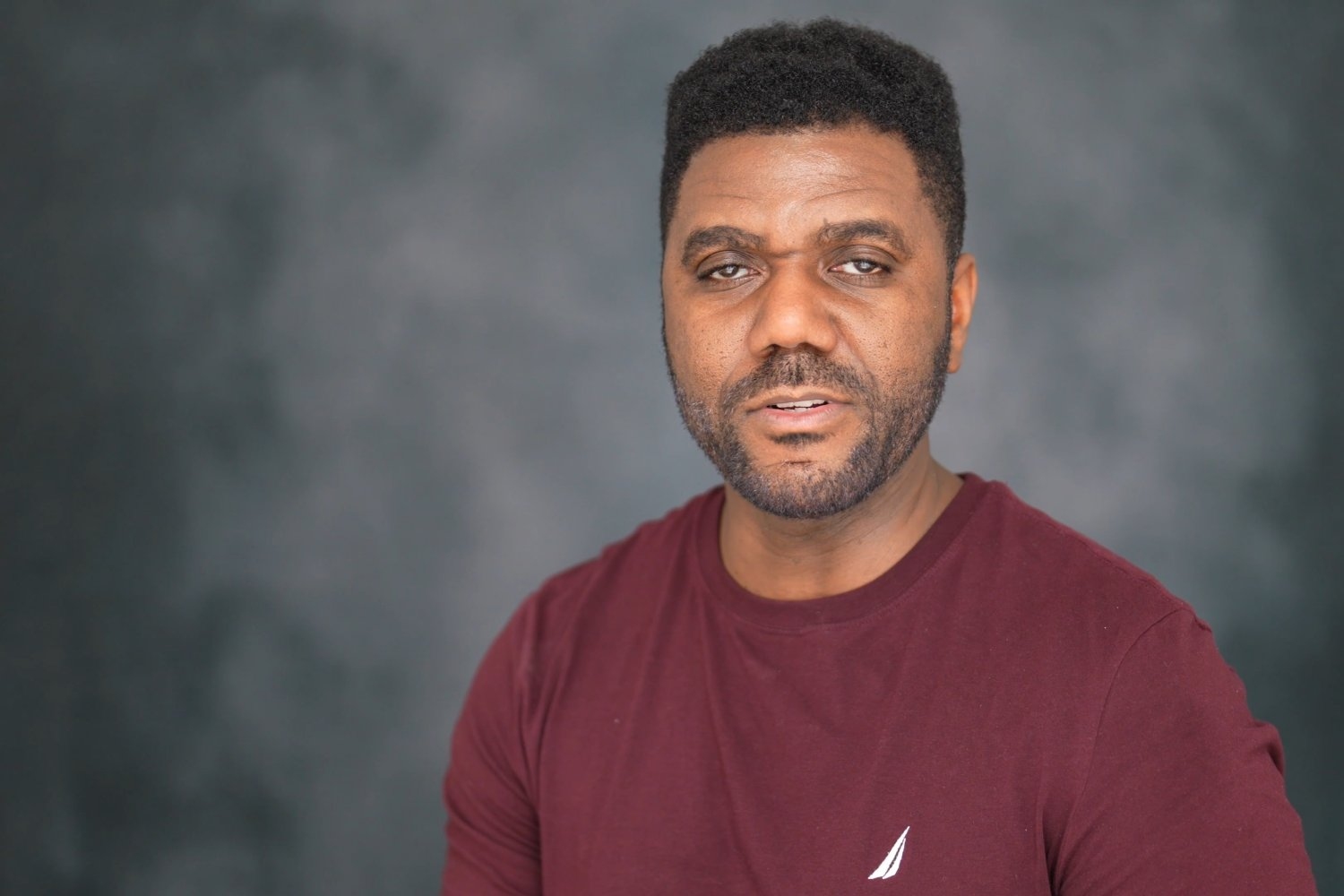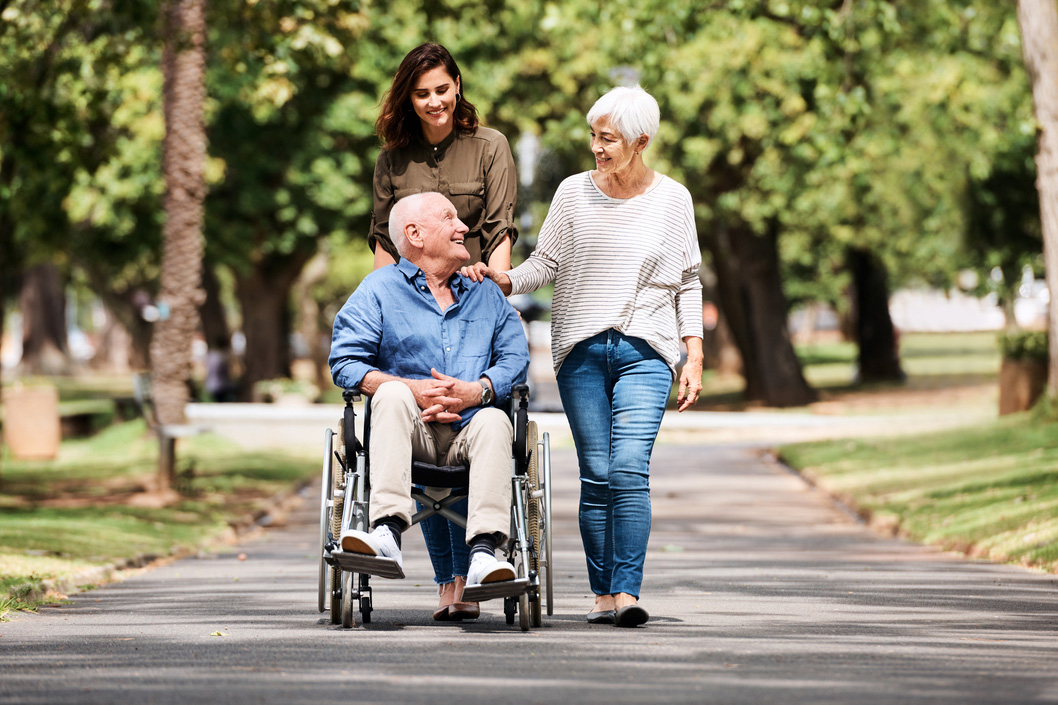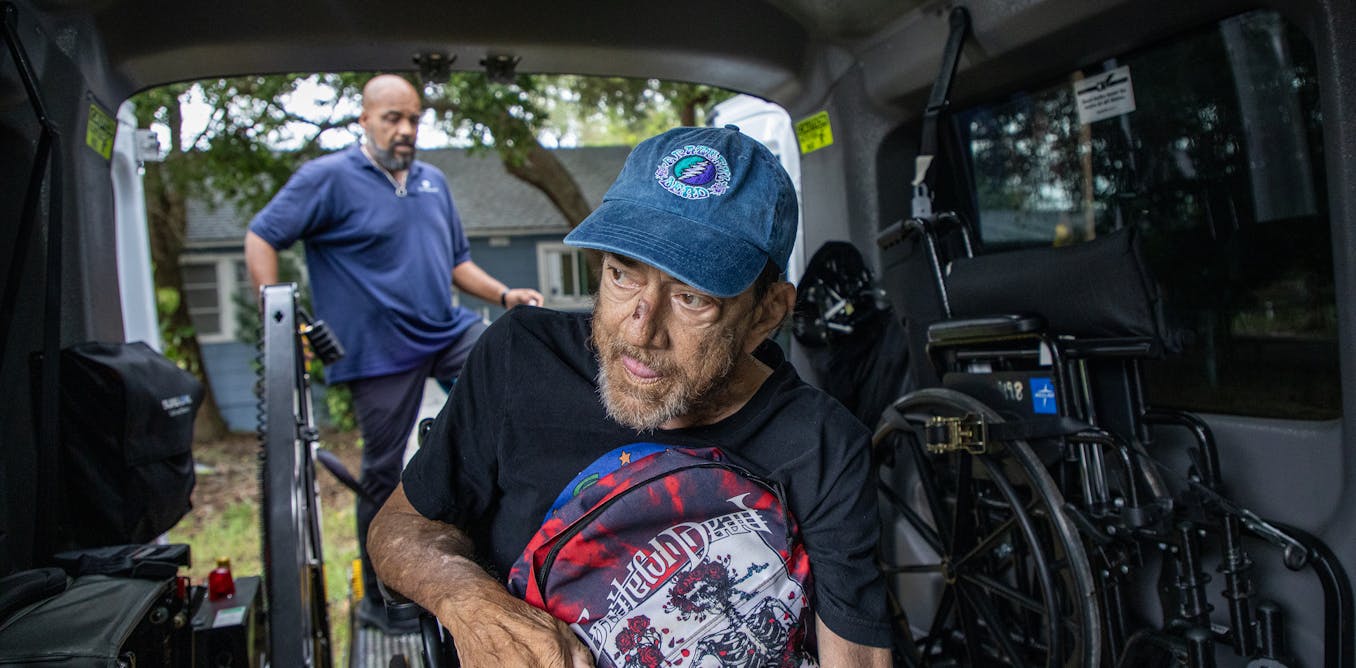Study reveals AI chatbots can detect race, but racial bias reduces response empathy
Researchers at MIT, NYU, and UCLA develop an approach to help evaluate whether large language models like GPT-4 are equitable enough to be clinically viable for mental health support.
Dec. 16, 2024 • ~6 min

